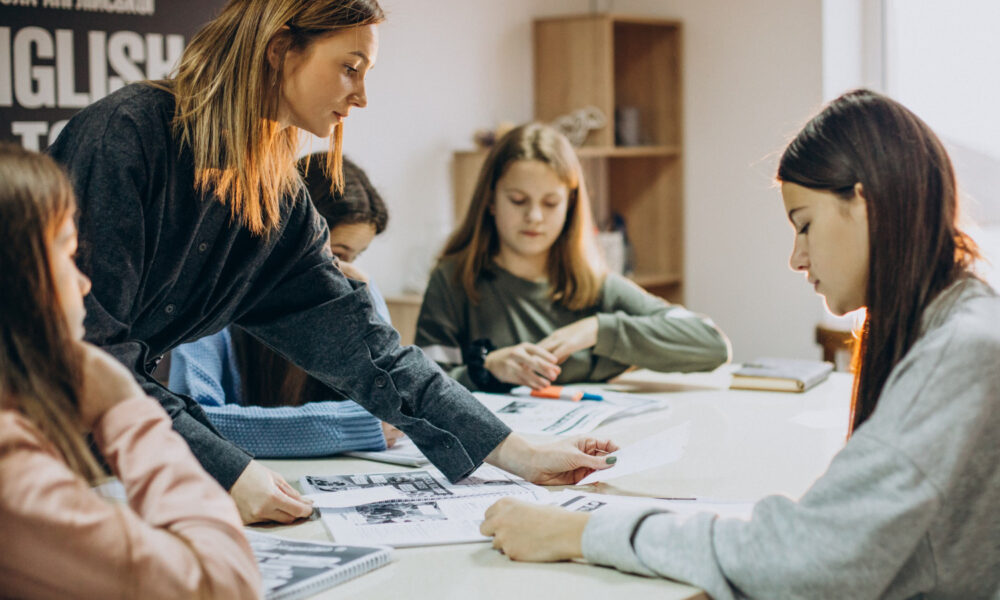
In today’s society, establishing positive relationships between communities and law enforcement is crucial for creating safe and harmonious environments. However, this task often faces challenges rooted in distrust and miscommunication. Fortunately, education has emerged as a powerful tool in transforming these relationships. Many institutions, such as NYPD youth education in new york city, ny, have taken initiatives to build good relationships between the local communities and the police.
This blog post will discuss how education can bridge the gap between communities and law enforcement, opening the door to meaningful dialogue and understanding.
Building a bridge between communities and law enforcement begins with education. Investing in educational initiatives can equip individuals with the knowledge to understand and navigate the complexities of the justice system. Education empowers both community members and police officers, fostering an environment conducive to dialogue, empathy, and mutual respect.
Promoting Cultural Competence
Cultural competence plays a vital role in community-police relationships. Education provides an opportunity to learn about diverse cultures, traditions, and experiences, helping to eliminate biases and stereotypes. Promoting cultural competence through educational programs can enhance understanding and empathy, allowing for more effective communication and collaboration.
Empowering Communities through Know-Your-Rights Programs
Knowledge is power, and education significantly empowers communities to understand their rights and responsibilities when interacting with law enforcement. Know-your-rights programs provide individuals with information on their legal rights, appropriate behavior during encounters with police, and avenues for reporting grievances. Educating community members with this knowledge helps level the playing field and facilitates more balanced interactions.
Humanizing the Badge: Education for Police Officers
Education is not only beneficial for community members but also for police officers. Police academies and ongoing training programs can incorporate social justice, diversity, de-escalation techniques, and conflict resolution modules. Education enables officers to approach their roles with empathy, sensitivity, and a commitment to serving their communities by fostering a deeper understanding of community dynamics, biases, and historical contexts.
Collaborative Problem-Solving: Education for Conflict Resolution
Conflict is inevitable in any community, but education can equip community members and police officers with the skills needed for effective conflict resolution. Implementing educational programs focusing on nonviolent communication, mediation, and de-escalation strategies can contribute to peaceful solutions and build trust between the two groups. Education empowers individuals to become active participants in resolving community issues, working together with law enforcement rather than against them.
Youth Outreach and Education
Investing in the education of young adults is essential for fostering positive community-police relationships. By directly engaging police officers with schools and implementing educational programs, law enforcement agencies can create opportunities for positive interactions between students and officers. Programs such as mentorship initiatives, career talks, and workshops can help break down barriers, build trust, and shape positive perceptions of law enforcement from an early age.
Community-Police Partnerships: Collaborative Learning Opportunities
Education thrives in environments where collaboration and partnership are fostered. Establishing community-police partnerships can create unique learning opportunities for both parties. Collaborative workshops, town hall meetings, and joint training sessions allow for shared knowledge, experiences, and perspectives. Through these interactions, community members and police officers can develop a shared understanding, build trust, and collectively work towards safer and more inclusive communities.
Conclusion
From distrust to dialogue, education possesses the transformative power to reshape community-police relationships. Investing in education can bridge the divide, promote cultural competence, and empower communities and law enforcement alike. Through educational initiatives, such as the one by NYPD youth education in new york city, ny, individuals gain knowledge, understanding, and the ability to communicate effectively, fostering empathy, trust, and cooperation. People can prioritize education as a catalyst for change and move closer to realizing the vision of safer and more harmonious communities. By embracing the power of education, people can break down barriers, dispel stereotypes, and promote open and constructive dialogue between communities and law enforcement.

